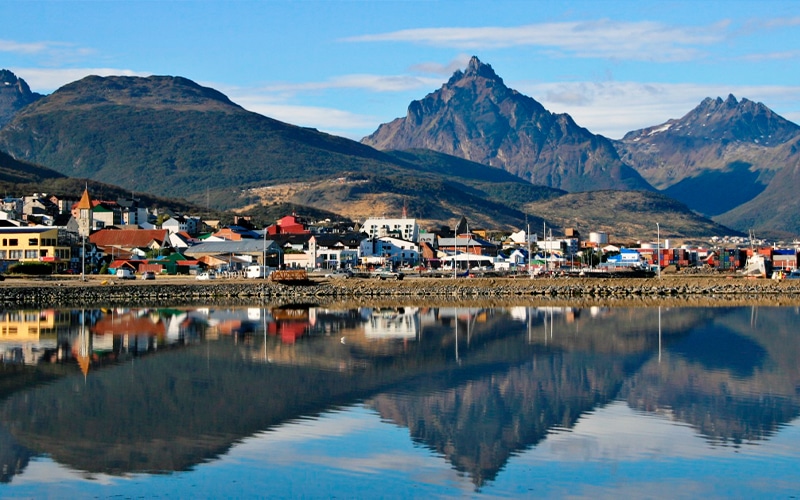One of the biggest crypto mining companies in Argentina, BitPatagonia, was charged with a 400% rise in its electricity bill, the outcome of a new rule which was imposed in January, revealed BitPatagonia’s industrial director, Pablo Holmes.
BitPatagonia’s mine is situated in Tierra del Fuego on Argentina’s southernmost tip, the cold climate there supports up to 22 crypto mining firms. The government is concerned with such high consumption of electricity and hence in January, it imposed a 170% raise in the wholesale electricity rate of Tierra del Fuego, particularly aiming at crypto miners.
The Argentinian government began an investigation in December to find mining companies and calculate their electricity consumption.
The aim of the investigation was for the miners to “face the payment of the price of energy equivalent to the cost of supply, being inequitable that they pay the price of a residential user.”
Miners are taking advantage of electricity subsidies of residential rates, however registered mining companies cannot do the same as they have to pay industrial rates.
Holmes said that the steps taken by the government do not motivate companies and residents mining crypto off the radar of the tax collection agency, Administración Federal de Ingresos Públicos(AFIP), to register with the government.
“Nobody is going to say that he is illegally mining in industrial parks, offices or homes just because he receives a letter from a public office. It is like responding to a letter from the central bank asking if your address works as a cave [an illegal exchange house] for buying and selling dollars,” Holmes explained.
Illegal mining is a rising issue in many countries and many governments are taking strict measures to fight against this problem. Argentina’s approach is a lenient one, as just recently it was revealed that Iran is going to increase punishment for illegal crypto mining.
The Energy Secretary of Tierra del Fuego’s,Moisés Sorloza, not long ago said that the province’s government has collected data from registered farms, but he also revealed that there are “micro miners” who are operating via homes that too need to be regulated nationwide.
Crypto mining from home has become so popular and common in Argentina that even mining influencers have emerged, explaining to novices how to get the machinery and make the required investments.
“We have a huge tax burden and people are always looking for an activity that gives them profitability so as to be able to maintain their standard of living, to beat inflation or to avoid falling below the poverty level,” a local mining influencer said while explaining the rising popularity of home crypto mining.
Holmes commented that because of its “obsolete” electric system, Tierra del Fuego has “no way it can sustain the increase of high-energy consumption enterprises.”
Santiago Miranda, the CEO of CriptoLab which is registered in the central province of Córdoba, claimed that the company pays complete electricity rate but yet that mining is “very profitable.”
While discussing illegal mining and regulatory attempts, he said that “no one is going to provide information unless there is some benefit for the taxpayer.” CriptoLab is currently operating with various provincial governments to build a “friendly framework that is not only for collection.”
Subscribe to The Crypto Times for more Market news.






